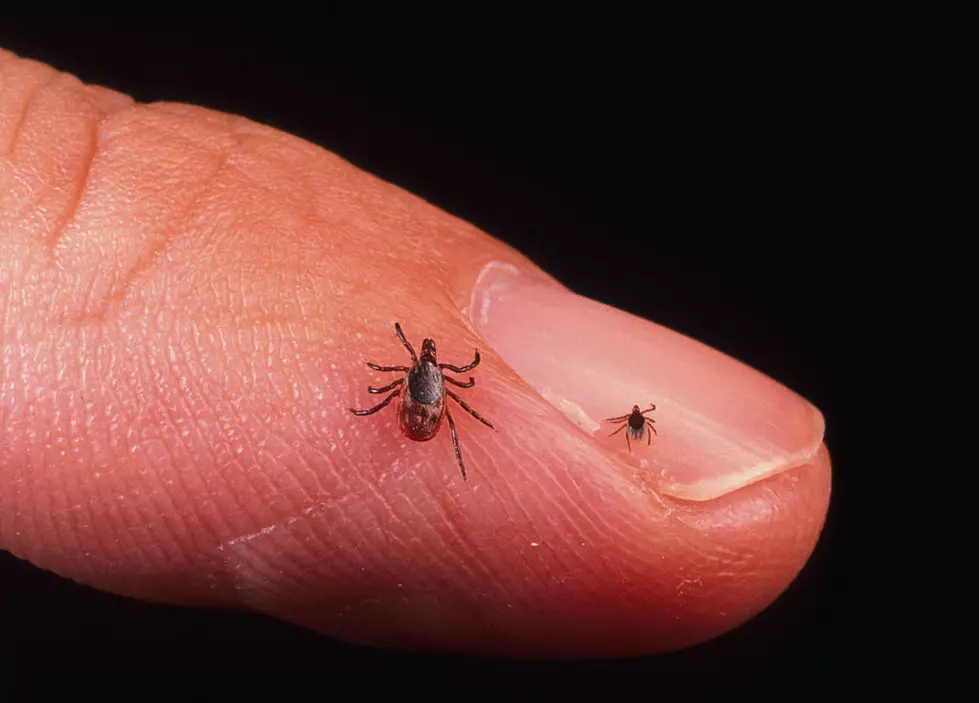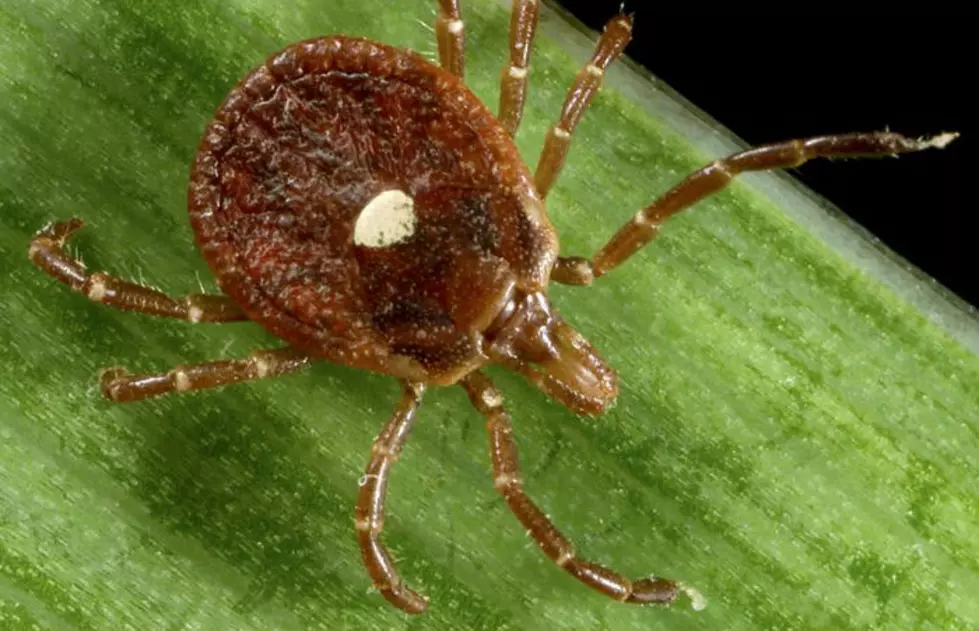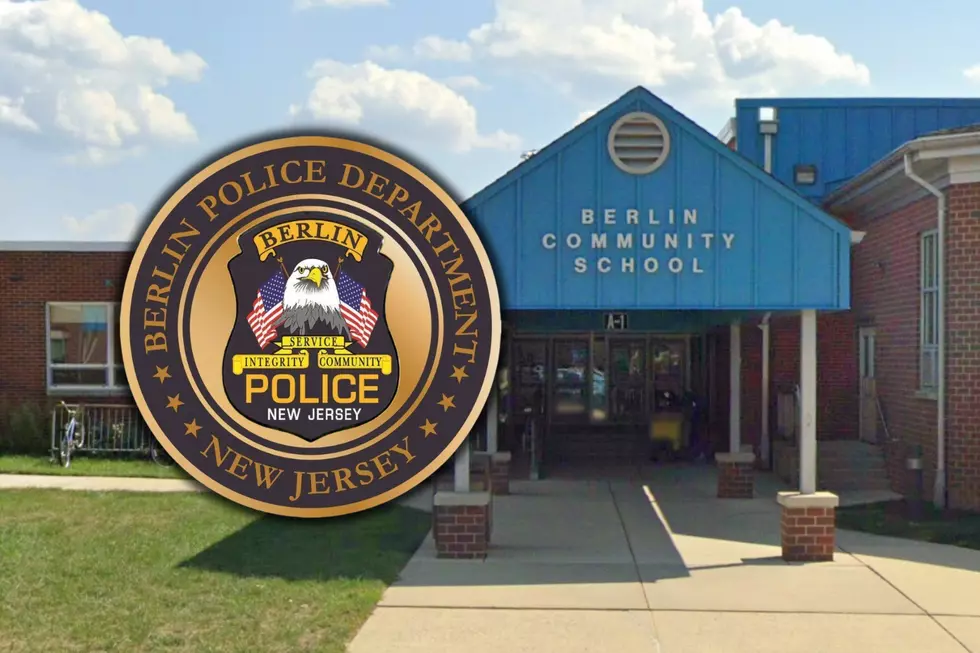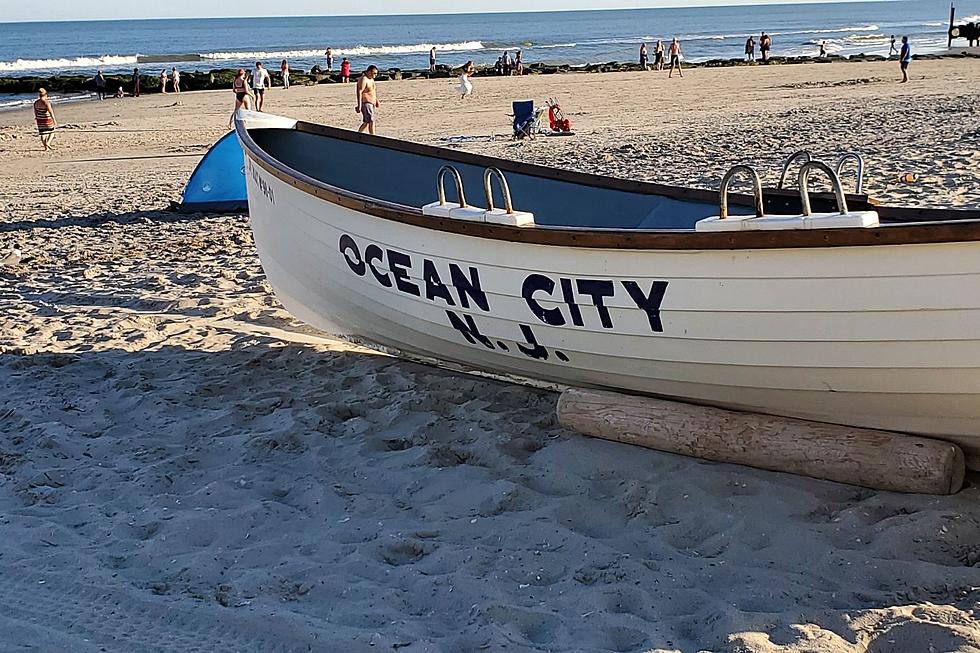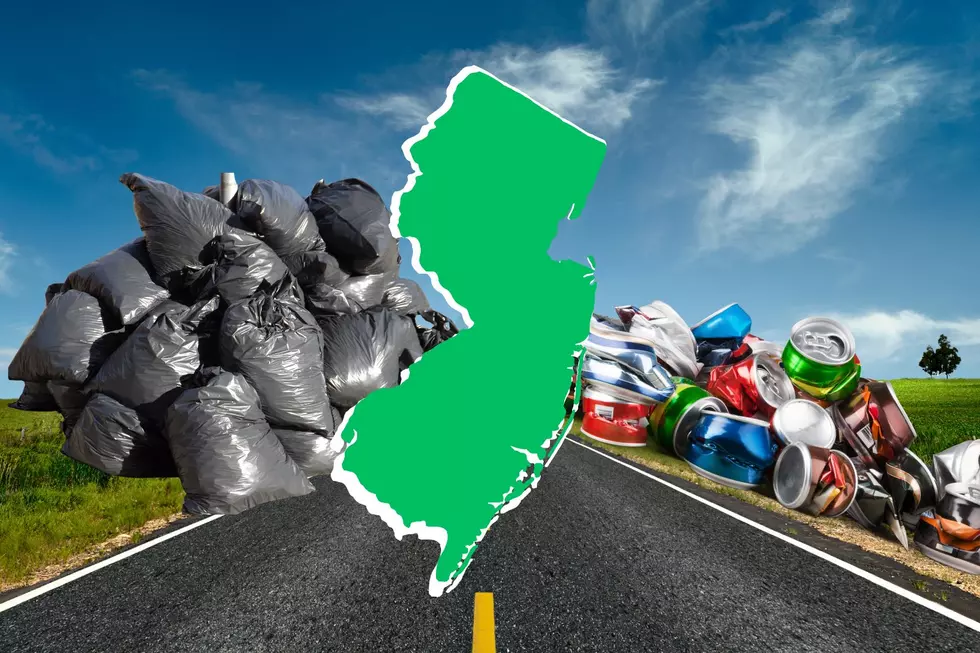
NJ Creates First Task Force Addressing Animal-to-human Outbreaks
New Jersey has become the first state to legislate a "One Health Task Force," which promotes communication between state agencies and scientists who study human, animal health, and Earth sciences.
Dina Fonseca, director of the Rutgers Center for Vector Biology and entomologist, said the COVID-19 pandemic has highlighted the need for scientists to address how humans, animals, and the environment affect each other and to develop protocols to stop diseases from transmitting from animals to humans.
She said the idea of the task force is to facilitate communication. Fonseca talked about how she works with insects that affect humans like ticks and mosquitoes. A few years back there was a new tick detected in New Jersey that transmitted diseases to livestock, she said. But Fonseca said she didn't know who to talk to about it because she didn't know anyone in the agricultural community.
If someone has a question about an unfamiliar field, that person should feel comfortable reaching out to a colleague.

"In the interim, be better about understanding each other's language. We all have our jargon and our understanding about how things function," Fonseca said.
Science has become very specialized and the idea is to be able to reach out across all fields, she added.
The NJ One Health Task Force will create channels of communication between all the parties involved to help develop diagnostic tests and protocols for responding to disease outbreaks, educate both health and veterinary professionals on proper antibiotic use.
The task force will give scientists in different disciplines, health officials, and lawmakers, an infrastructure for communication and collaboration.
As an entomologist, she finds that medical doctors don't get much training in things like mosquito or tick-borne diseases.
Recently, she received an email from someone who thought they may have had malaria. After an email exchange and a number of questions, Fonseca realized the person may have had "cat scratch disease" which a human can contract by being scratched by a cat. But Fonseca felt this person's medical director should have been able to address this but that didn't happen because the doctor did not receive the broader training.
The idea of trying to provide a quick-fact-sheet across various disciplines could make a difference in everyone's health, Fonseca said.
The Center of Vector Biology is currently creating these fact sheets, according to Fonseca. The task force itself does not exist yet. It's a work in progress, so stay tuned, she added.
See How School Cafeteria Meals Have Changed Over the Past 100 Years
More From WPG Talk Radio 95.5 FM
